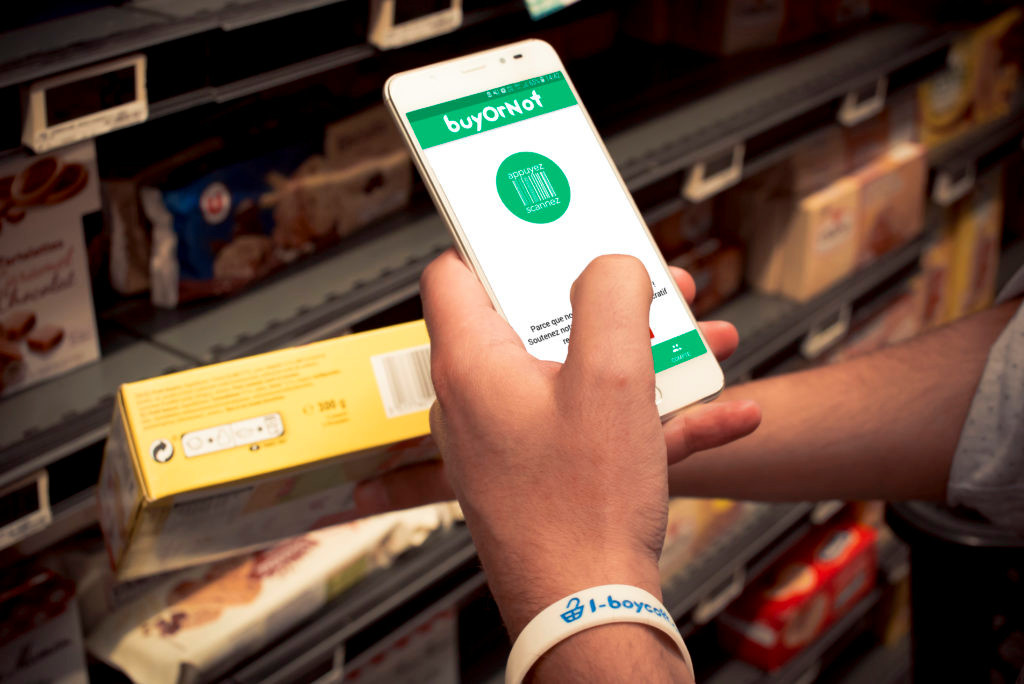"No" to Total's oil drilling in Guyana, "no" to the exploitation of bears in Nigloland, "no" to the animal cruelty of Panzani and Lustucru, "no" to the way the Fréjus zoo treats animals.
The indignity behind these campaign saw them gather the numbers to create real change. Dozens of other appeals against global brands and companies, from Coca-Cola to Starbucks, Haribo and McDonalds, are undergoing a similar wave of sentiment.
Five years after the launch of a community of committed citizens, i-Boycott is using its application, , to help consumers make the right choices when shopping in supermarkets. More than 215,000 consumers and interested parties have signed up.
The application, which is based on data from OpenFactsFood, indicates whether a product is healthy or unhealthy and, above all, whether it is produced by a company that respects ethical standards or not. The promoters are not inviting any logo hijacking or smear campaigns, but are counting on mobilisation to change things.
The application, developed by volunteers and which sometimes encounters bugs, is available in or .
This story was first published in French on . It has been translated and edited for Delano.
